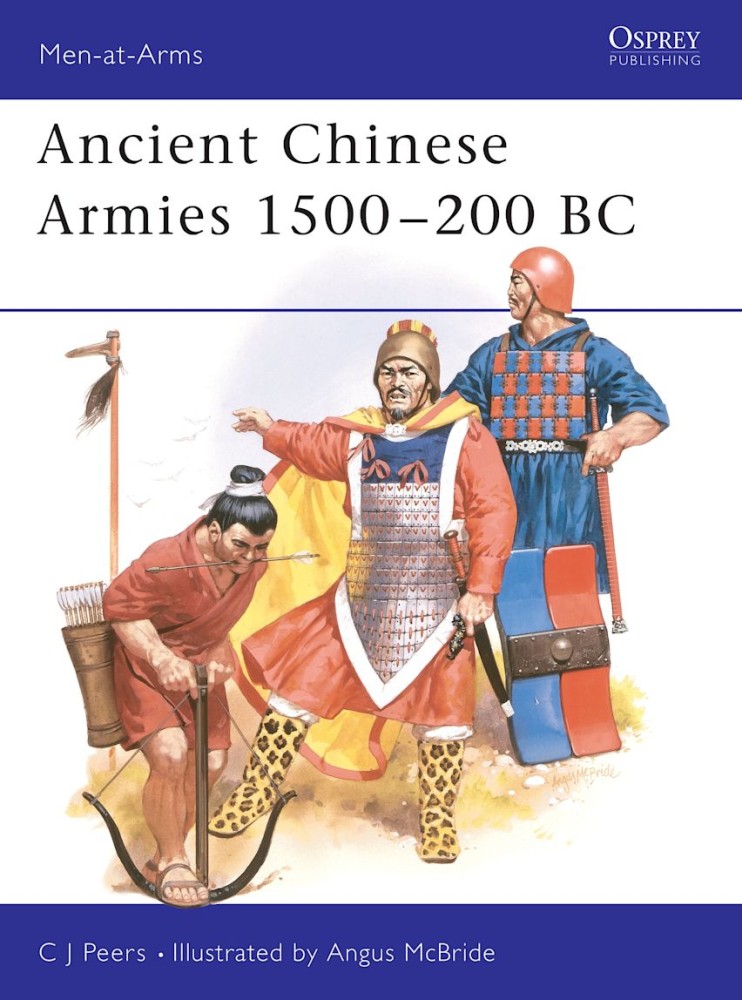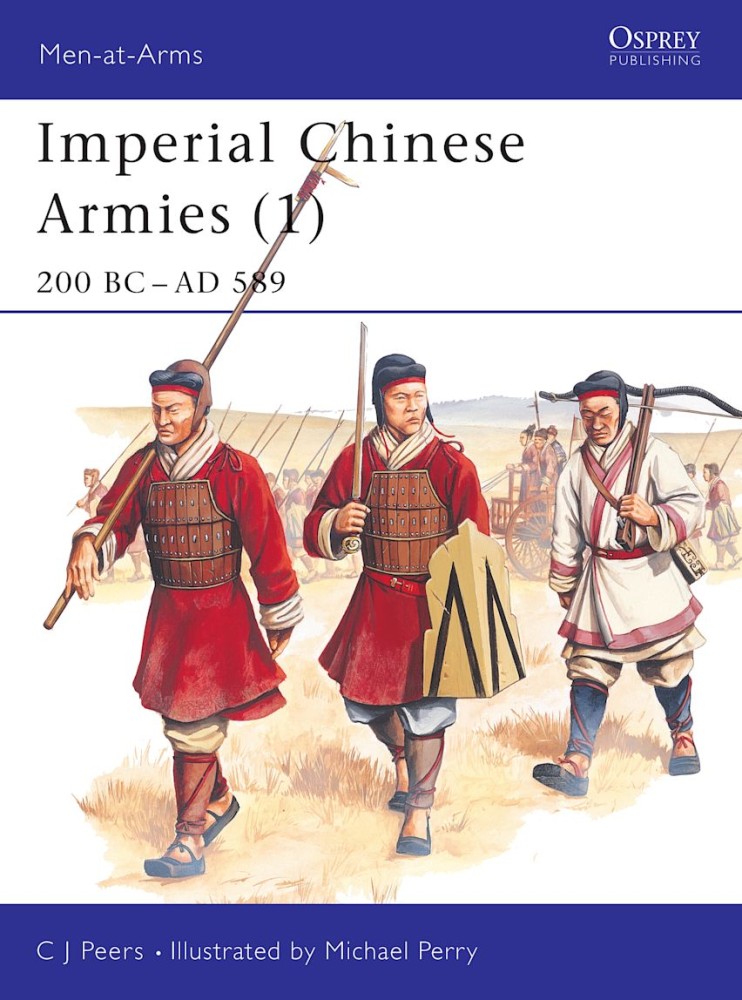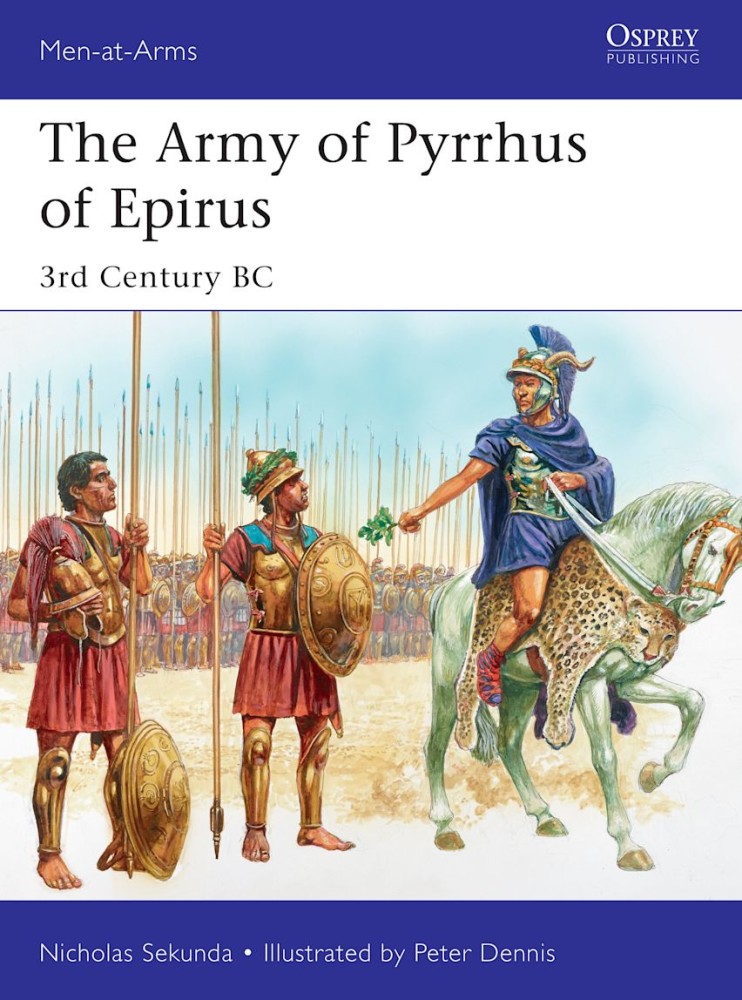By the 15th century BC the valley of Hwang Ho was dominated by a palace-based military caste which owed its supremacy to a monopoly of bronze-working techniques among a still mainly Stone Age population. To the Shang Dynasty, war was a means of legitimising the power of their new aristocracy. This fascinating volume by C. J. Peers covers the period of China's history from the first documented civilisation to the establishment of an enduring unified empire, examining the history, organisation, uniform and weapons of ancient Chinese armies.
After AD 304 the five 'barbarian' tribes divided north China among themselves, setting up dynasties which were often Chinese only in name, and feuding constantly both with each other and with the native states, whose stronghold was now in the south. It was under this barbarian influence that the heavily-armoured cavalry which were to become the striking force of the great T'ang dynasty in the 7th and 8th centuries first developed. In a knowledgeable text complemented by numerous illustrations, this book explores the history, weaponry, tactics and organisation of medieval Chinese armies between 200 BC and AD 589.
Pyrrhus was one of the most tireless and famous warriors of the Hellenistic Age that followed the dispersal of Alexander the Great's brief empire. After inheriting the throne as a boy, and a period of exile, he began a career of alliances and expansion, in particular against the region's rising power: Rome. Gathering both Greek and Italian allies into a very large army (which included war-elephants), he crossed to Italy in 280 BC, but lost most of his force in a series of costly victories at Heraclea and Asculum, as well as a storm at sea. After a campaign in Sicily against the Carthaginians, he was defeated by the Romans at Beneventum and was forced to withdraw. Undeterred, he fought wars in Macedonia and Greece, the last of which cost him his life. Fully illustrated with detailed colour plates, this is the story of one of the most renowned warrior-kings of the post-Alexandrian age, whose costly encounters with Republican Rome have become a byword for victory won at unsustainable cost.



